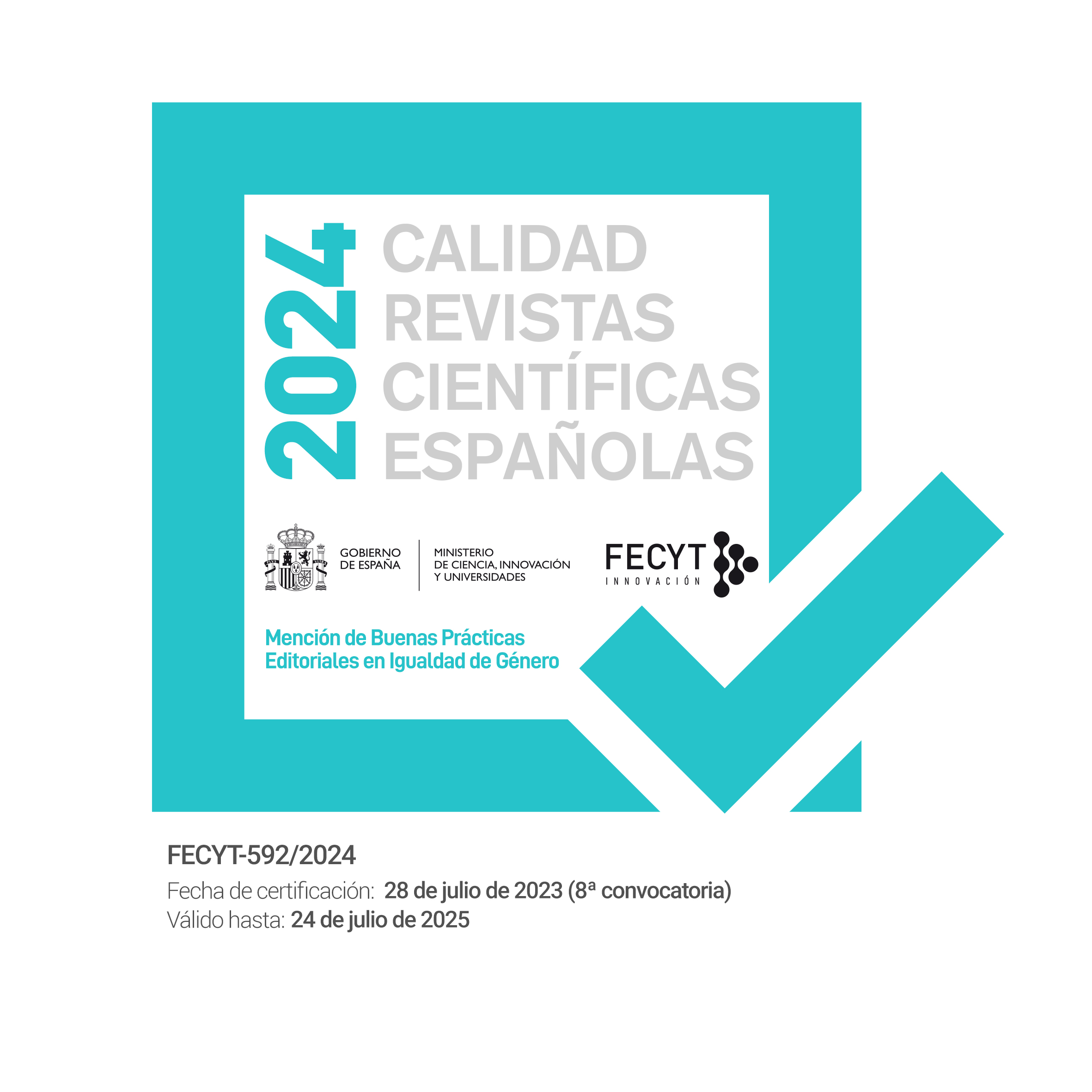Religious Diversity: accomodation for Social Cohesion. Gaps in the legal protection of religious diversity: generic versus specific protection instruments
Abstract
The legal protection of religious diversity in plural societies is mainly supported by the human right to freedom of religion and belief, which is widely recognized under the international human rights law. However, interpretations of this law are far from univocal when it comes to managing the situation of persons whose religious beliefs are a minority. The so-called harmonisation practices are techniques to spread the content and exercise of this right. Similarly, the so-called Rights of minorities (as is the case of religious ones) also provide a protection framework, the scope of which has not yet been clearly defined. The current diversity of European societies and their commitment to protect the diversity and minorities lead us to seek a more focused and effective framework of protection, choosing between rights and generic or specific instruments.
Published online: 11 December 2017
Downloads
Deusto Journal of Human Rights / Revista Deusto de Derechos Humanos is an Open Access journal; which means that it is free for full and immediate access, reading, search, download, distribution, and reuse in any medium only for non-commercial purposes and in accordance with any applicable copyright legislation, without prior permission from the copyright holder (University of Deusto) or the author; provided the original work and publication source are properly cited (Issue number, year, pages and DOI if applicable) and any changes to the original are clearly indicated. Any other use of its content in any medium or format, now known or developed in the future, requires prior written permission of the copyright holder.



3.jpg)
3.jpg)
3.jpg)
.jpg)








